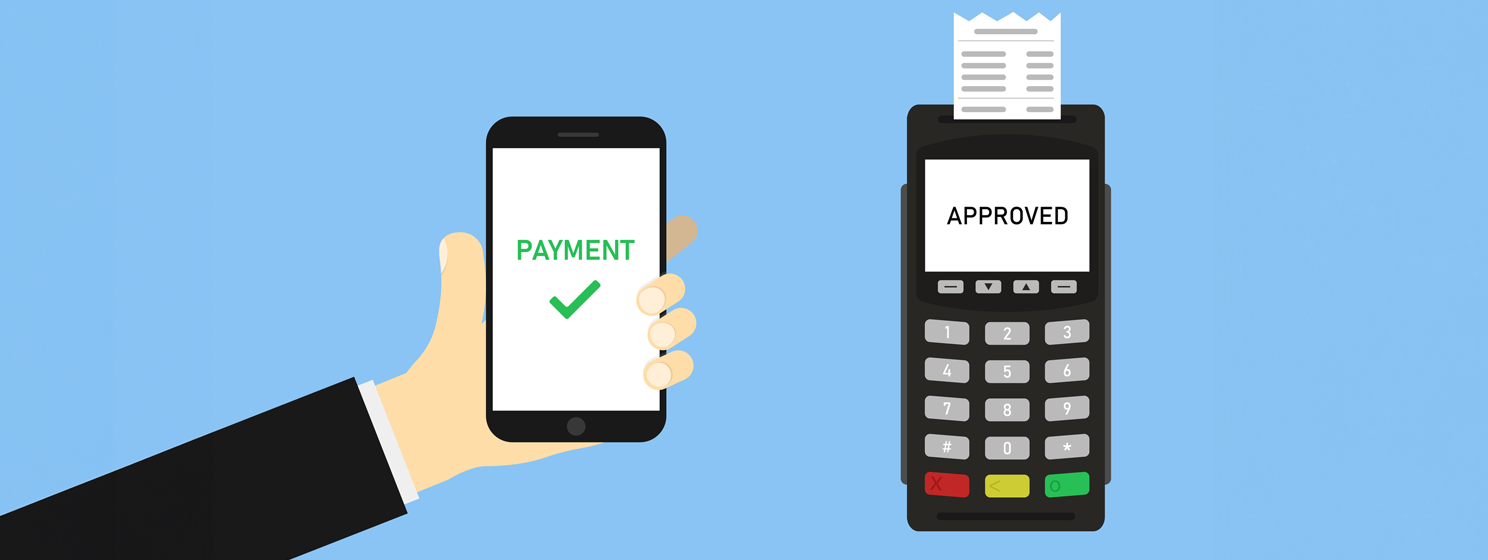|
Getting your Trinity Audio player ready...
|
The United Kingdom is on track to see comprehensive digital asset regulation by 2026, according to a new discussion paper from the Financial Conduct Authority (FCA) on admissions, disclosures and market abuse regulation.
On December 16, the FCA, the U.K.’s top financial markets regulator, published a discussion paper on the future market abuse regime for cryptoassets (MARC) and the digital asset admissions and disclosures regime (A&D), which together it described as “crucial to improving the integrity and cleanliness of our crypto markets, as well as helping people make informed financial decisions.”
A key feature of the A&D regime is that public offerings of digital assets will be banned, with only two exceptions, either via a regulated digital asset exchange or by qualified investors. This puts the responsibility on exchanges to perform sufficient due diligence on offerings and to have a process for rejecting listings for trading.
The FCA also proposes that certain firms, such as authorized digital asset trading platforms, “share information with each other to help stop suspected market abuse. This will reduce fraud and help promote good practices in the sector.”
With these measures, the regulator said it aims to improve regulatory clarity so that there are clear and consistent “rules of the game” for firms and consumers; implement controls and processes to bring about “fair and orderly” trading conditions; and further reduce risks of money laundering and losses to fraud.
“Our proposals aim to reduce risks without stifling growth and innovation,” said the FCA. “We aim to reduce consumer harms and promote confidence and trust in the UK cryptoasset market.”
Current U.K. oversight of the digital asset space only extends to anti-money laundering (AML) and marketing rules. However, under the government’s roadmap, laid out in the discussion paper, the FCA’s regulatory remit for digital assets will expand beyond the Money Laundering, Terrorist Financing, and Transfer of Funds (Information on the Payer) Regulations 2017 (MLRs) and the Financial Promotions regime, to a more comprehensive conduct regime.
“This will cover cryptoasset trading, regulation of stablecoins, intermediation, custody and other core activities,” the regulator said.
In the context of the discussion paper, “cryptoasset” includes cryptocurrencies and stablecoins.
The FCA also clarified that tokenized financial instruments, security tokens and investment vehicles are already covered by the Financial Services and Markets Act 2000 (Regulated Activities) Order (RAO) 2001.
The regulator is accepting feedback on the 49 questions in its latest discussion paper from domestic and international stakeholders, particularly those in the wholesale sector, up until March 14, 2025.
Market abuse measures
In terms of the market abuse measures in Monday’s discussion paper, the FCA acknowledged that existing traditional market abuse regimes may not be as easy to implement for digital assets because of market fragmentation, cross-border elements, and, in the case of some assets, the lack of a clear issuer.
For this reason, the regulator noted that “the government’s consultation response has made clear the intention to facilitate through legislation cross-trading platform information sharing.”
It does not intend to create mechanisms to facilitate this sharing, putting the onus on “cryptoasset trading platforms” (CATPs) to coordinate.
“For example, if CATP 1 offboards User A, and where User A has an existing account with CATP 2, information gathered by CATP 1 on User A’s suspected market abuse behaviour could be shared with CATP 2. Such information could help CATPs to make more informed decisions,” suggested the FCA.
However, the regulator said that there would be legislation prohibiting insider dealing and market manipulation, requiring the disclosure of inside information by digital asset exchanges.
Digital assets on UK regulators’ Christmas lists
The December 16 discussion paper comes only a week after the U.K. banking sector’s top watchdog, the Prudential Regulation Authority (PRA), requested that businesses disclose any exposure to digital assets by March 2025 to inform its work and help shape policy.
The PRA said it was “seeking to gather information of firms’ current and expected future cryptoassets exposures,” as well as how they apply the Basel framework for the prudential treatment of digital assets.
HM Treasury—the U.K. Government department responsible for economic and finance policy—first released its plans for a digital asset regulatory framework in February 2023, and in November of this year, the new Labor government confirmed its intentions to stick to the plan, but with a revised implementation, eliminating the phased approach.
The Government roadmap for digital assets, reiterated in the latest FCA discussion paper, notes that proposed rules for stablecoins and trading platforms—including location, access, matching and transparency requirements—will be published early next year, with final rules set to be published by 2026, when the full regime will go live.
Watch: Reggie Middleton on DeFi, booms/busts & crypto regulation

 03-05-2026
03-05-2026 




